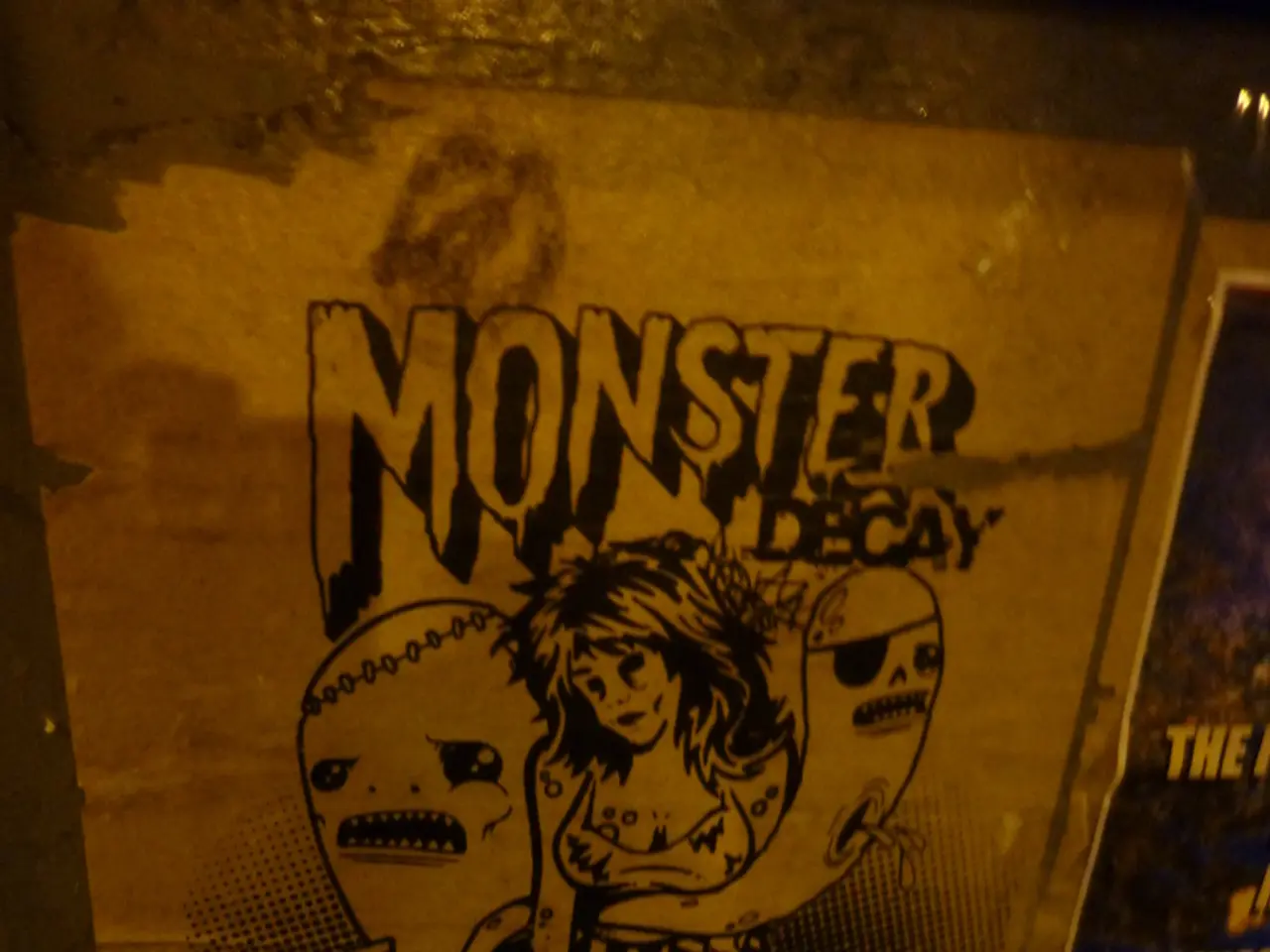Trump Positions Himself as the Awaiting Political Leader in the Shadows
In the realm of modern politics, the rise of Donald Trump can be seen as a masterclass in the art of the pseudo-event, a concept first introduced by Daniel Boorstin in 1961. A pseudo-event is an occurrence designed primarily for generating media attention and public spectacle, rather than stemming from authentic, spontaneous reality.
Trump initially gained wide public attention through business ventures and later through the reality TV show The Apprentice (2004-2015). This show provided a highly constructed narrative of his business prowess and celebrity status, often blurring the line between genuine achievements and staged publicity.
Trump's presidential campaign and presidency involved numerous highly publicized events, statements, and controversies that kept him at the center of media coverage. These events were often orchestrated, setting the terms of public discussion and reinforcing his brand as an outsider and a dealmaker, shaping public perception beyond the mere facts of policy or governance.
Presenting himself as a political outsider challenging the establishment became a central theme of his message, amplified by rallies, direct social media communication, and theatrical media appearances. This aligns with Boorstin's idea that pseudo-events are designed to attract attention and create imagery independent of underlying reality. Trump's rhetoric of "American carnage" and promises to "make America great again" became repeated media images that structured public debate.
Trump's controversial views and actions, such as his offence towards various groups including Muslims, Mexicans, women, the Pope, peaceful protesters, residents of Brussels, and reasonable opinion in general, further fuelled media interest. His promotion of the "birther" movement, a lobby group consisting of barely disguised racists who sought to prove that Barack Obama was not eligible to be the President, also contributed to his media notoriety.
Trump's opposition to offshore wind farms was due to his concern that they would spoil his rich clients' sea views. His attack on Ted Cruz's spouse is seen as dirty fighting and confirmatory of his critics' stereotypes. His ambassadorial status was not removed until December 2015 when he called for the banning of all Muslims from the US.
The Scottish National Party endorsed Trump for years as he built an exclusive golf course and hotel in Scotland. However, this endorsement has been met with criticism, with the Labour government of Scotland and later the Scottish National Party being criticised for endorsing Trump despite his controversial views.
Trump's rise exemplifies how pseudo-events—carefully engineered moments heavily mediated—can play a crucial role in modern political and celebrity power. His celebrity status was amplified by media spectacle, allowing him to translate fame into political authority by controlling narratives and public perceptions engineered for maximum media impact, consistent with Boorstin’s theory.
As the world watches the US election with concern, Trump's primary success and media-friendly persona make him even more newsworthy with each winning result. If Trump were to win the election, the world would become an immeasurably scarier place. However, it is clear that Trump's rise to power is a testament to the power of media spectacle and the blurring of reality in modern politics.
[1] Boorstin, D. J. (1961). The Image: A Guide to Pseudo-events in America. [2] Crovitz, L. G. (2016). The Trump Phenomenon: A Case Study in Pseudo-Events. The Wall Street Journal.
- The entertainment world and the political sphere intersected significantly in Trump's rise to power, as his reality TV show, The Apprentice, offered a highly constructed narrative of his celebrity status and business prowess, demonstrating how pseudo-events can blurs the line between authentic achievement and staged publicity.
- Trump's presidential campaign and presidency, characterized by numerous highly publicized events, controversial views, and statements, serve as a prime example of how pseudo-events, originally defined by Daniel Boorstin as occurrences designed for media attention and public spectacle, have become central to modern politics and celebrity power, shaping public perception and structuring public debate.







